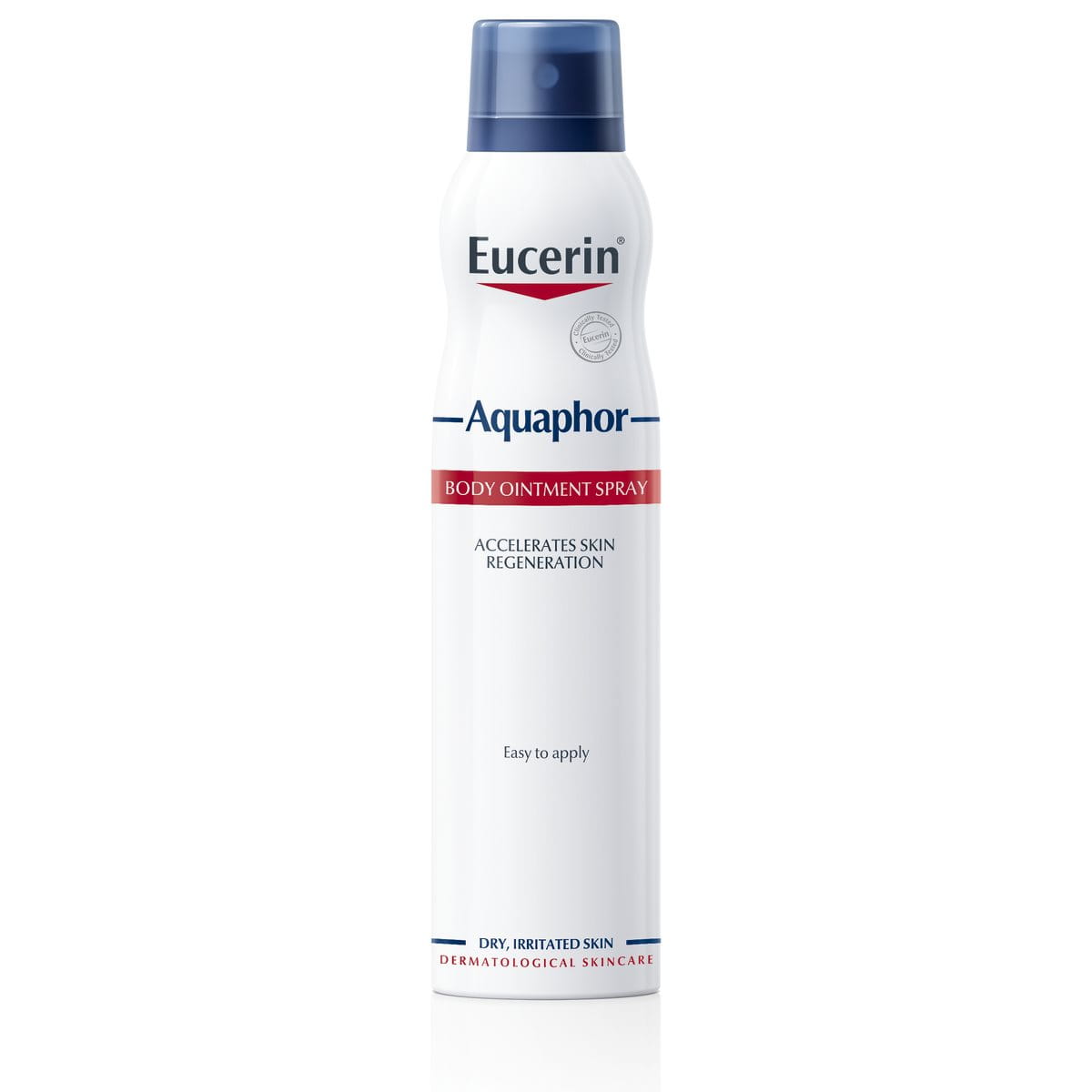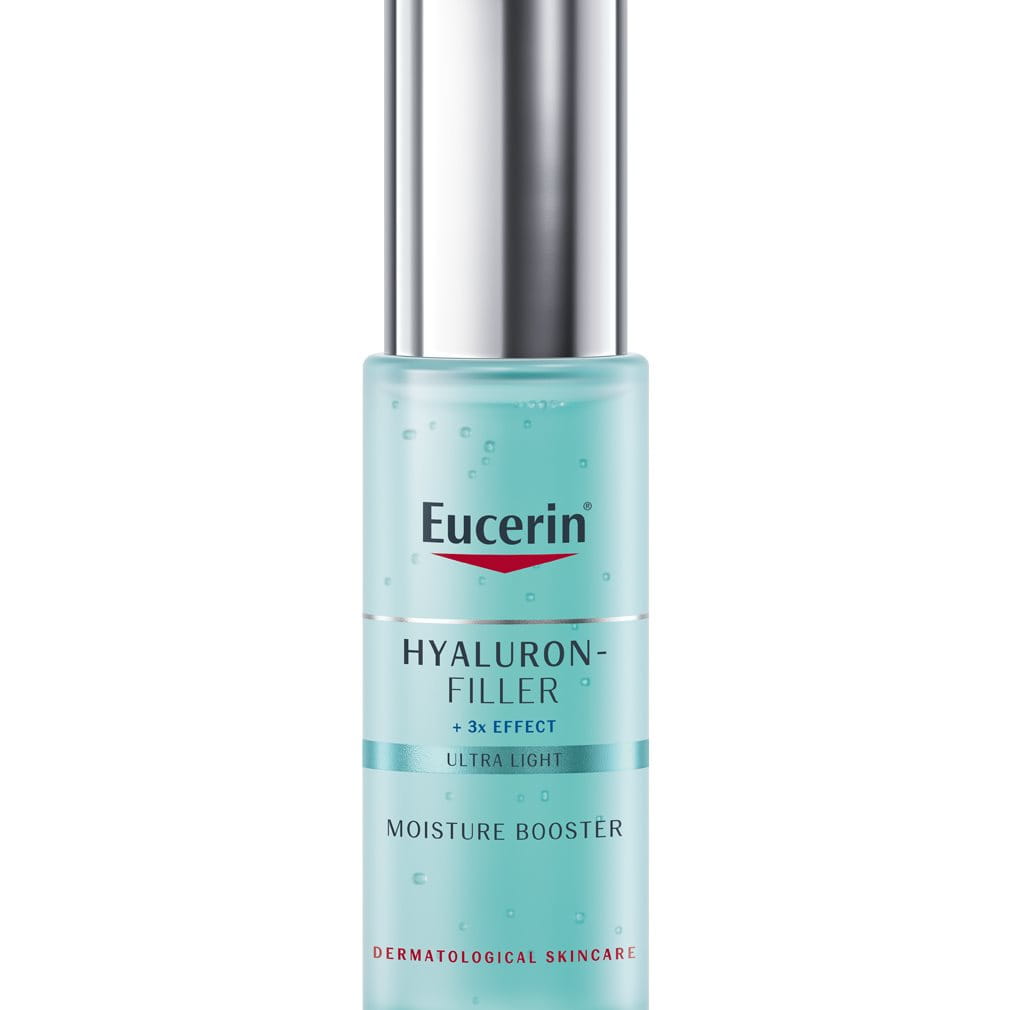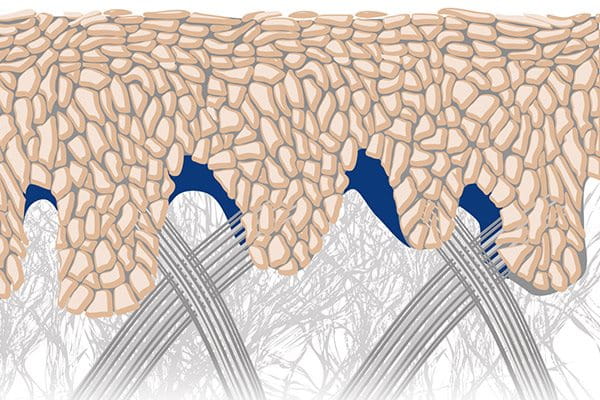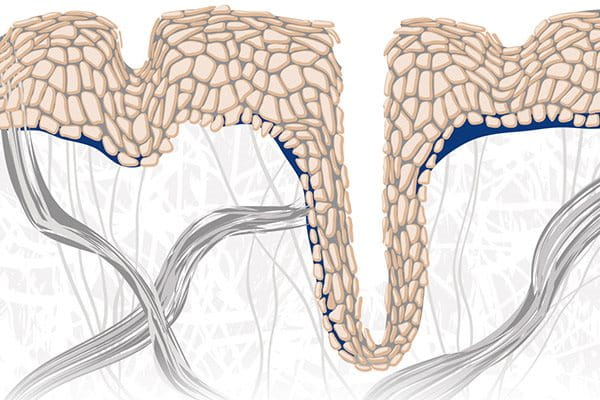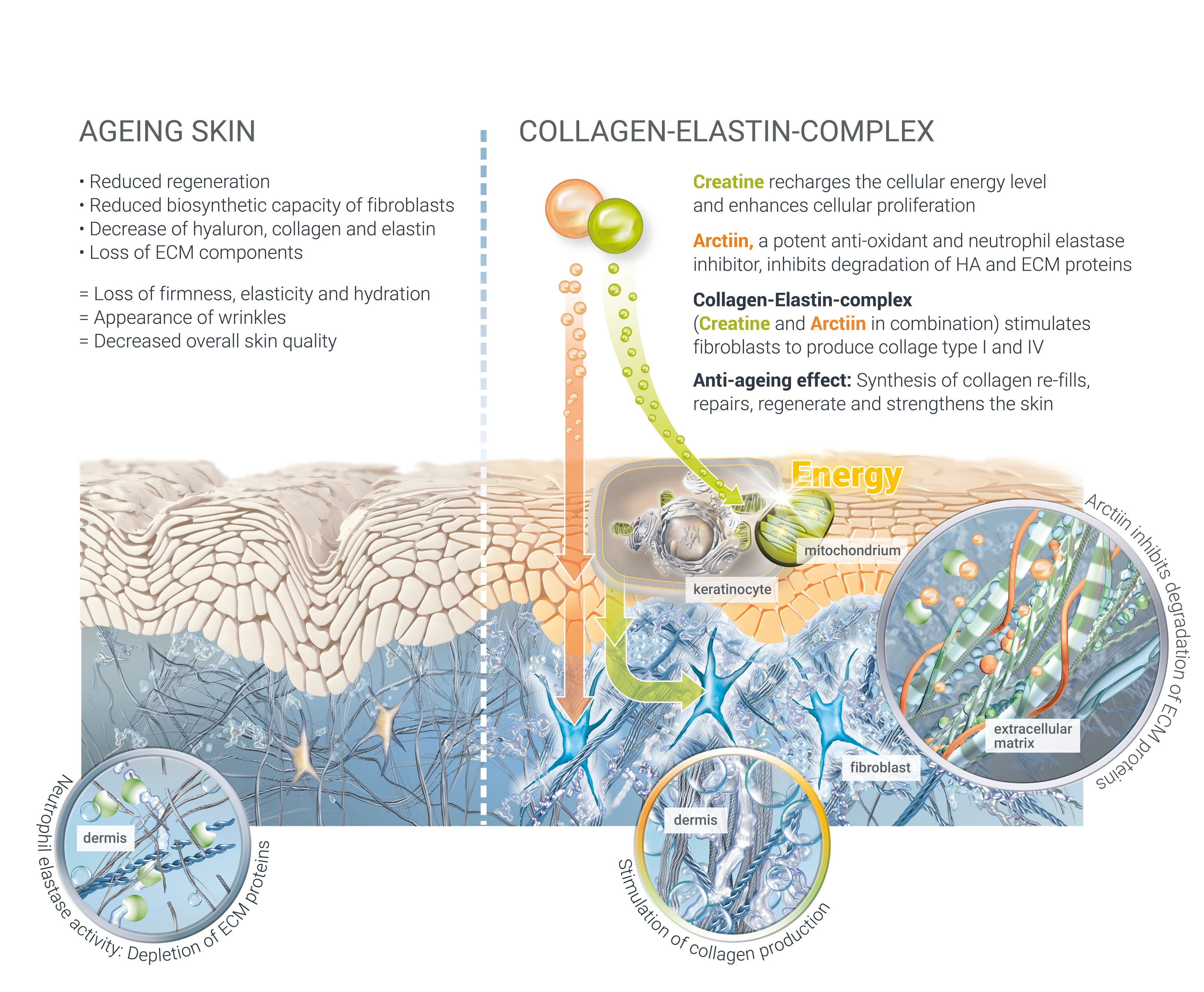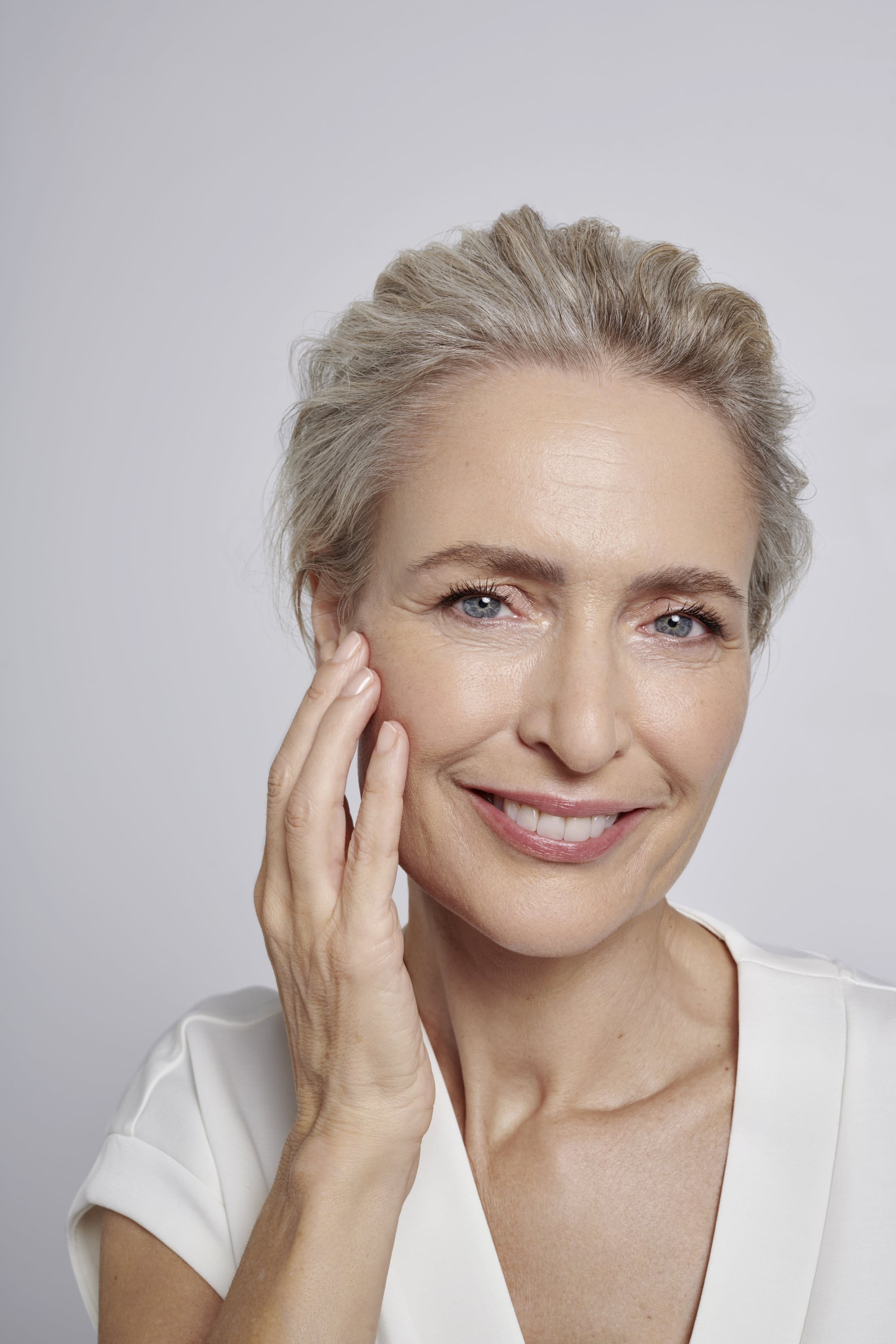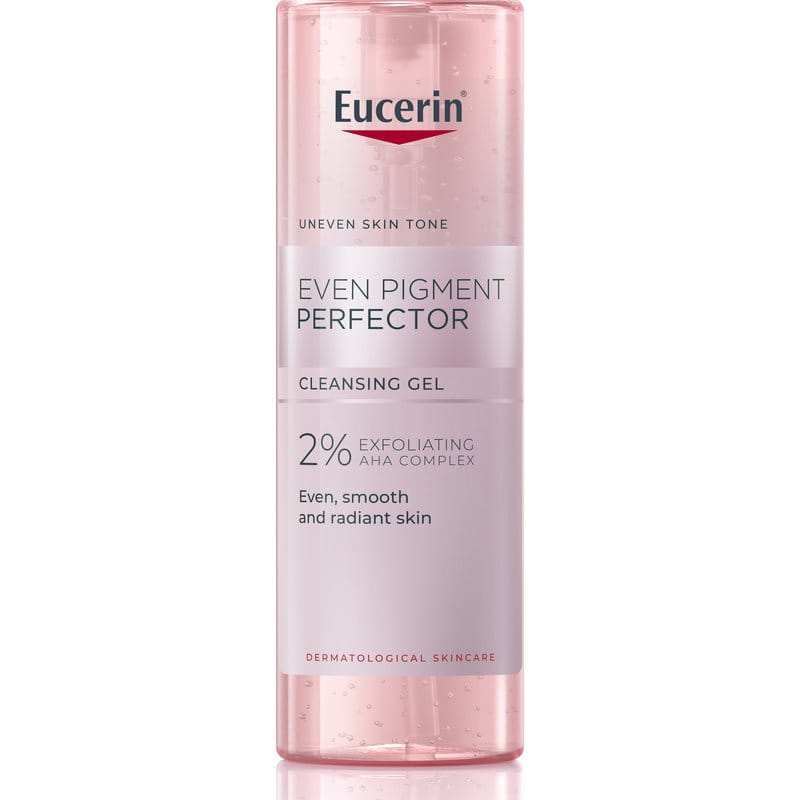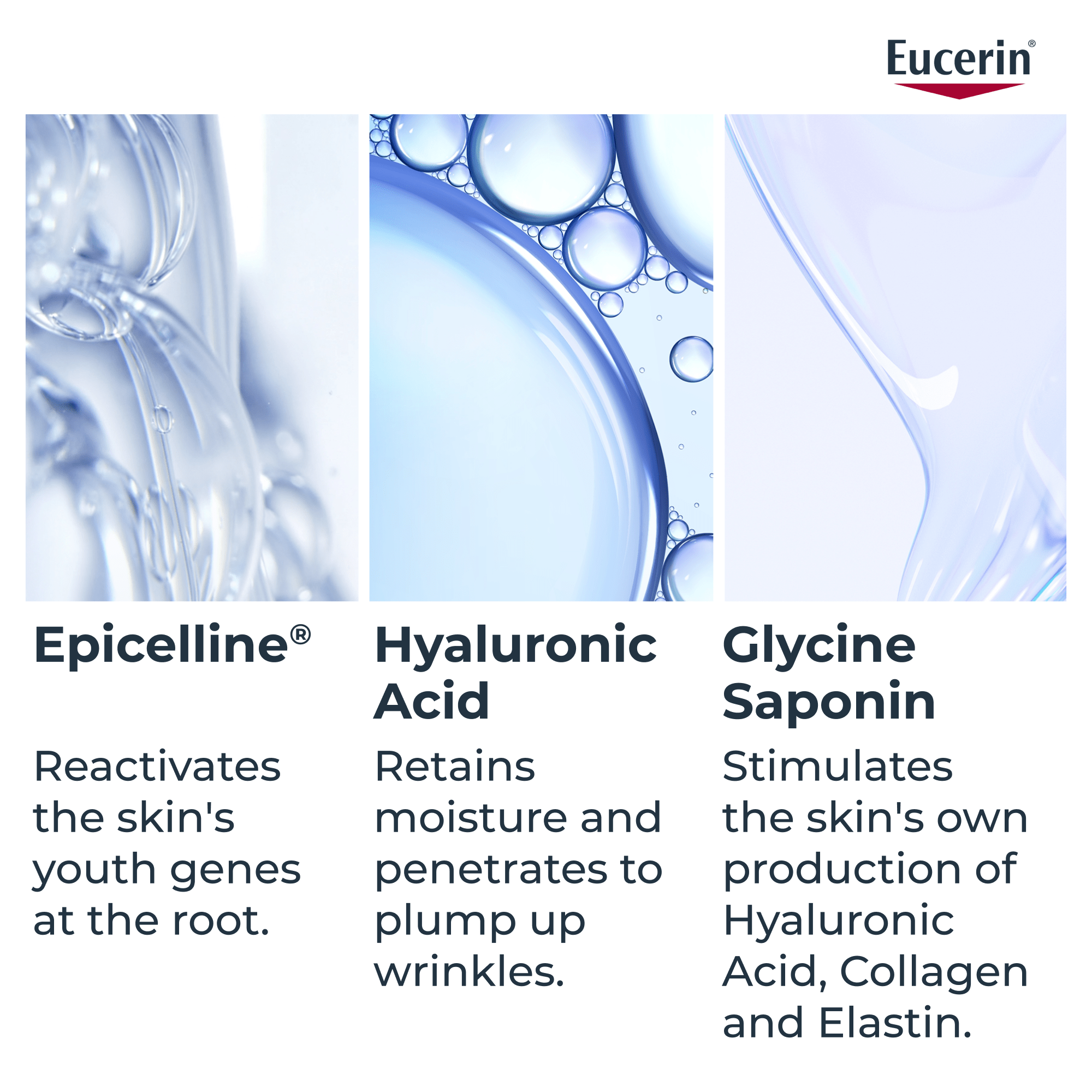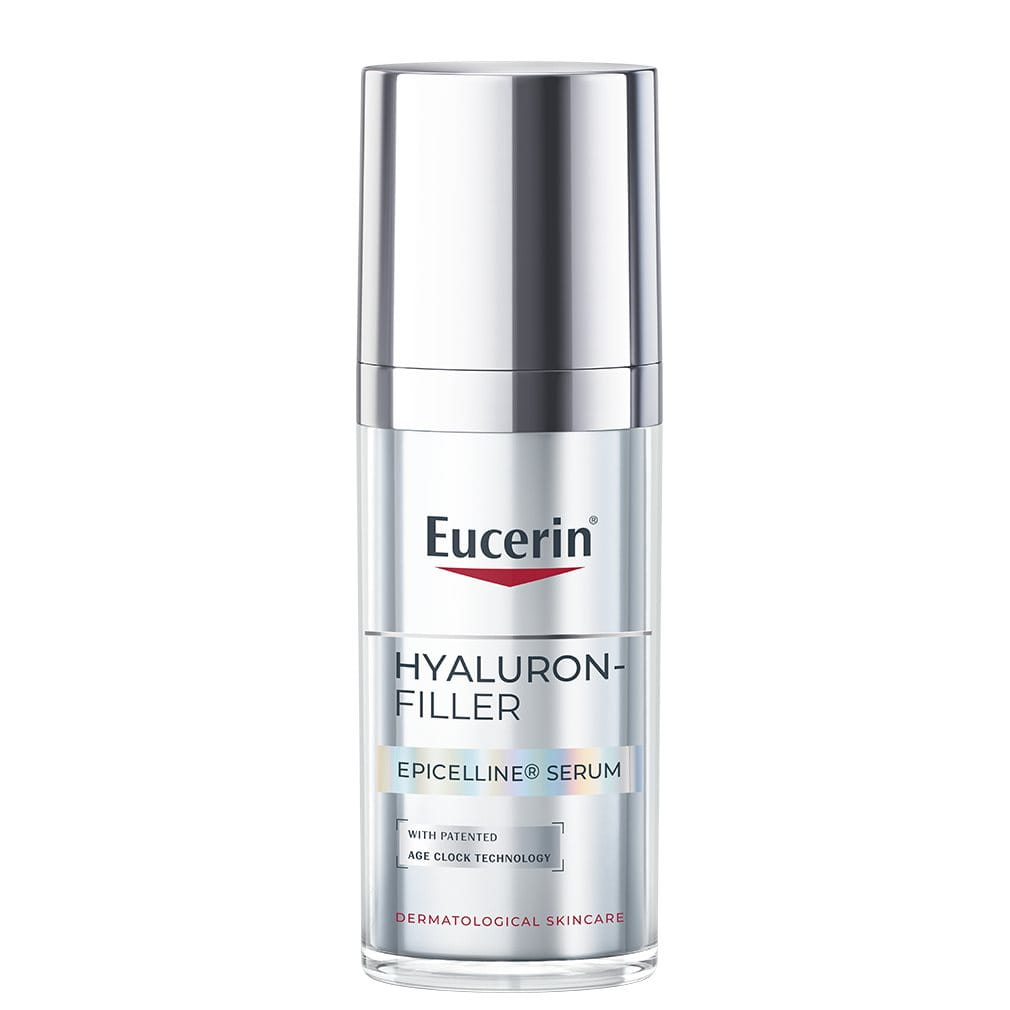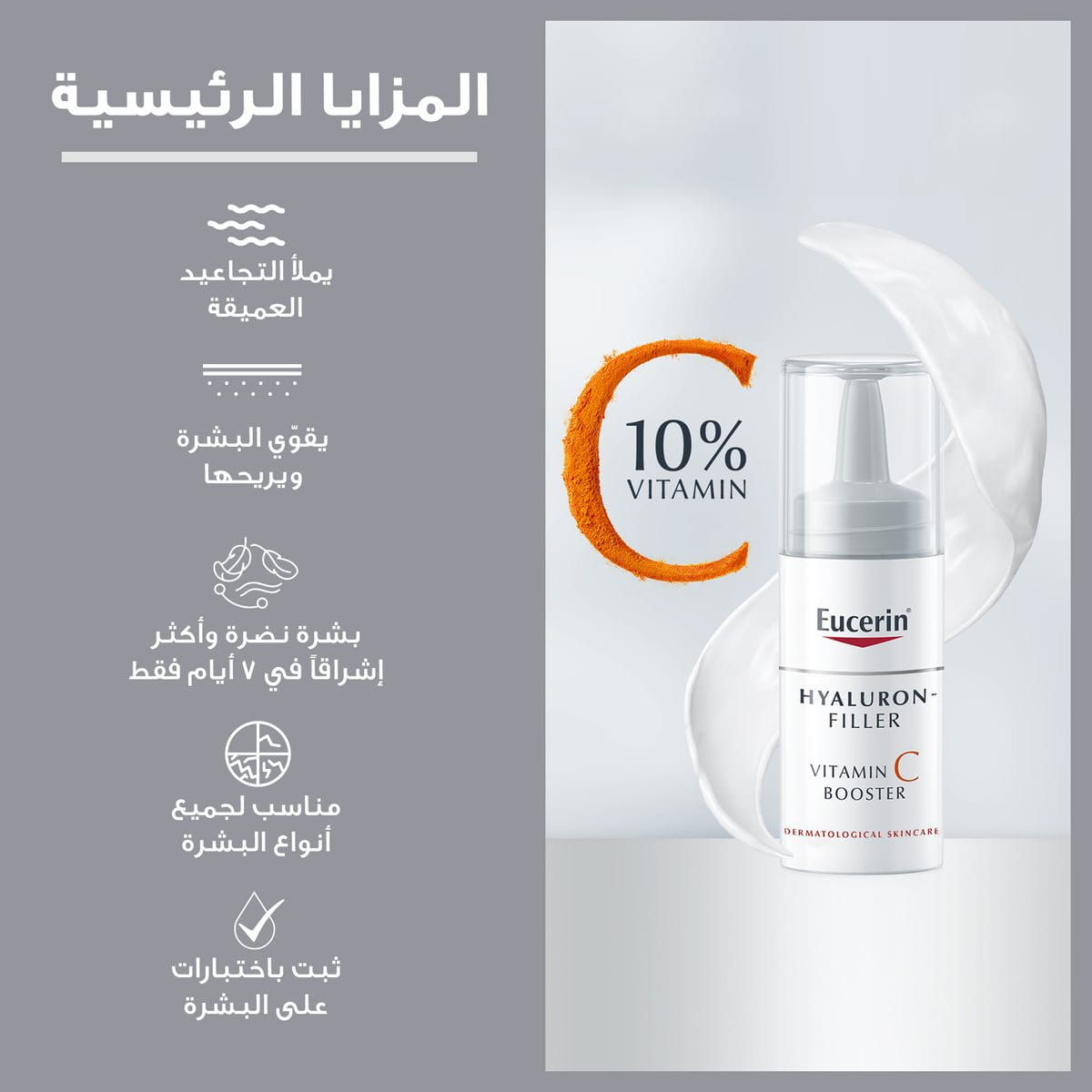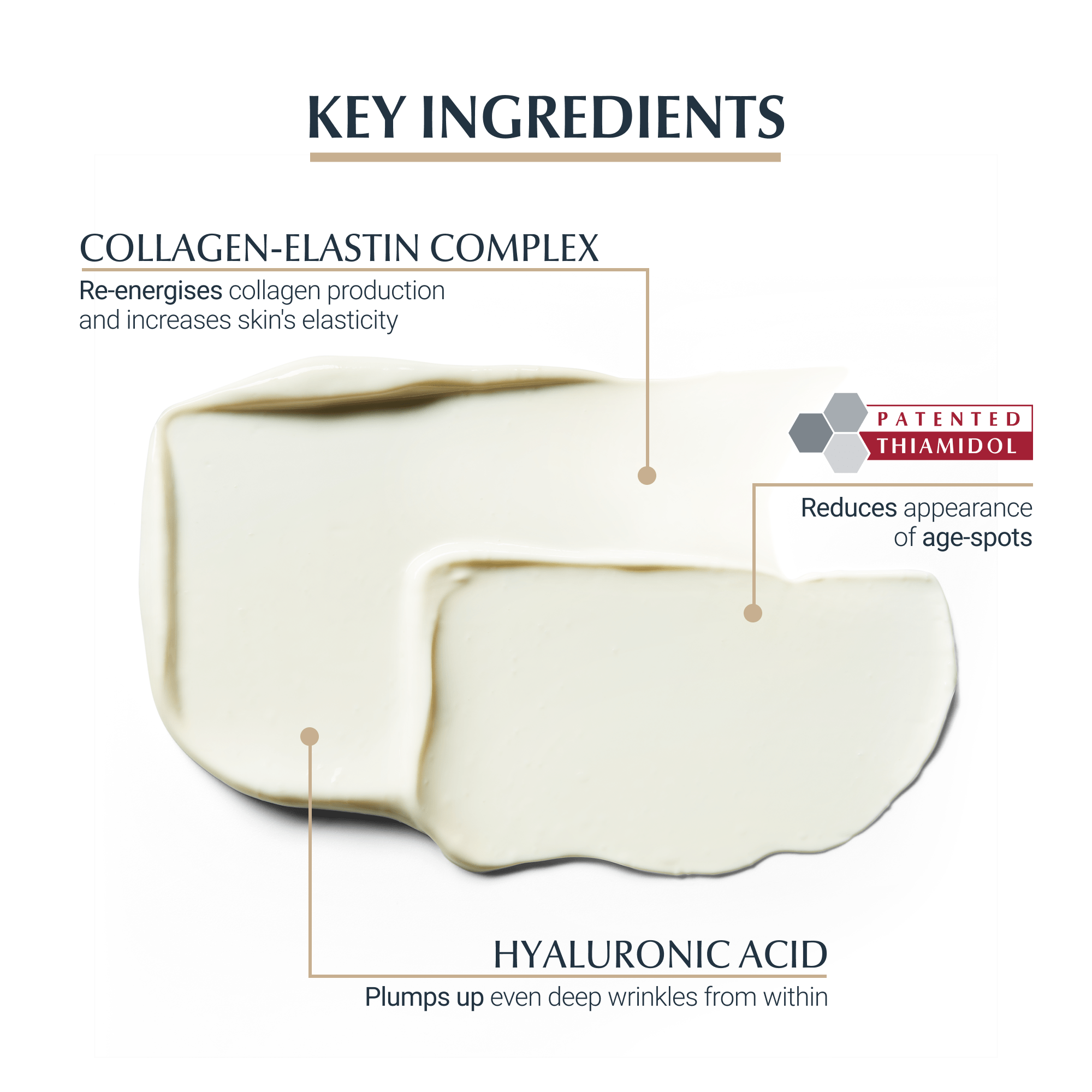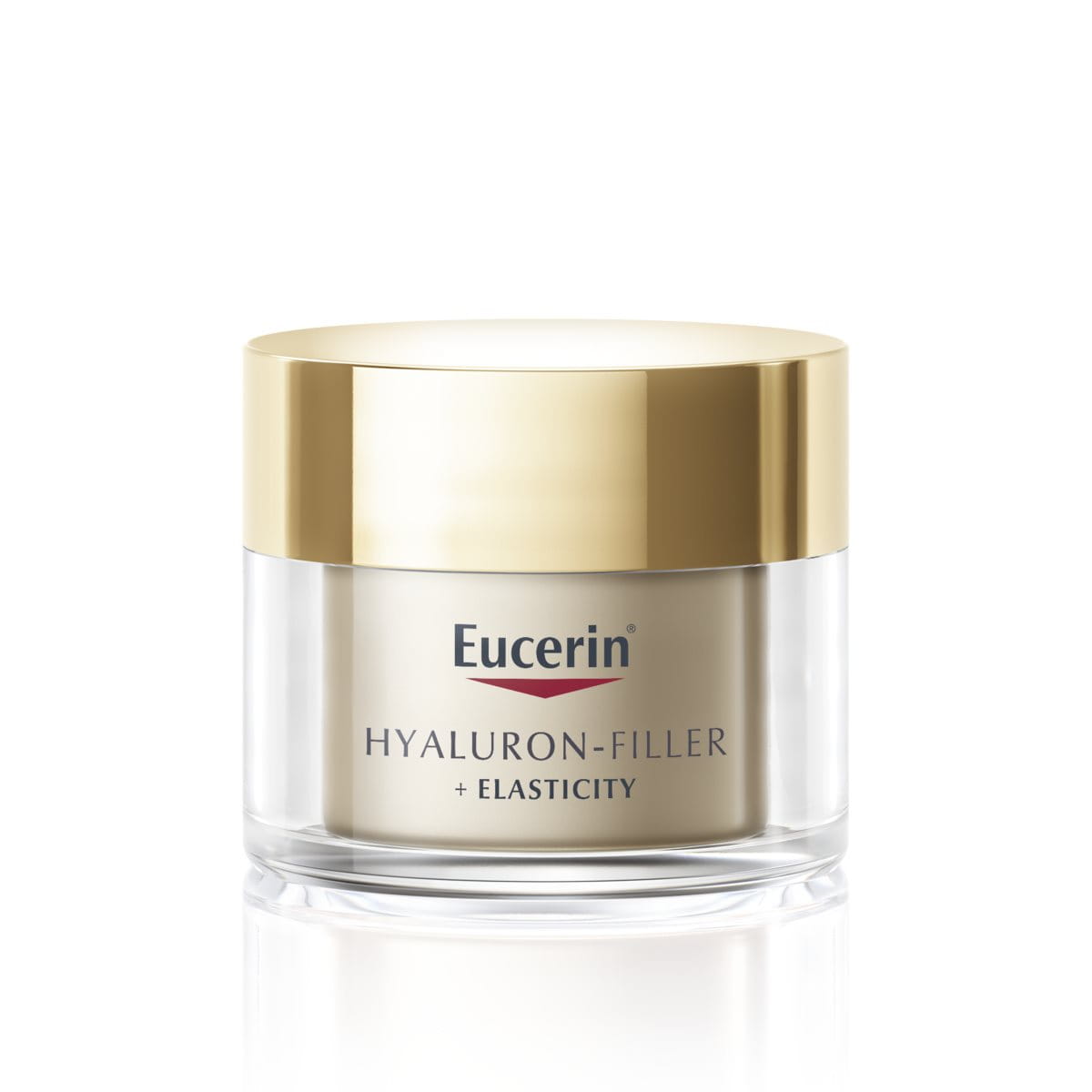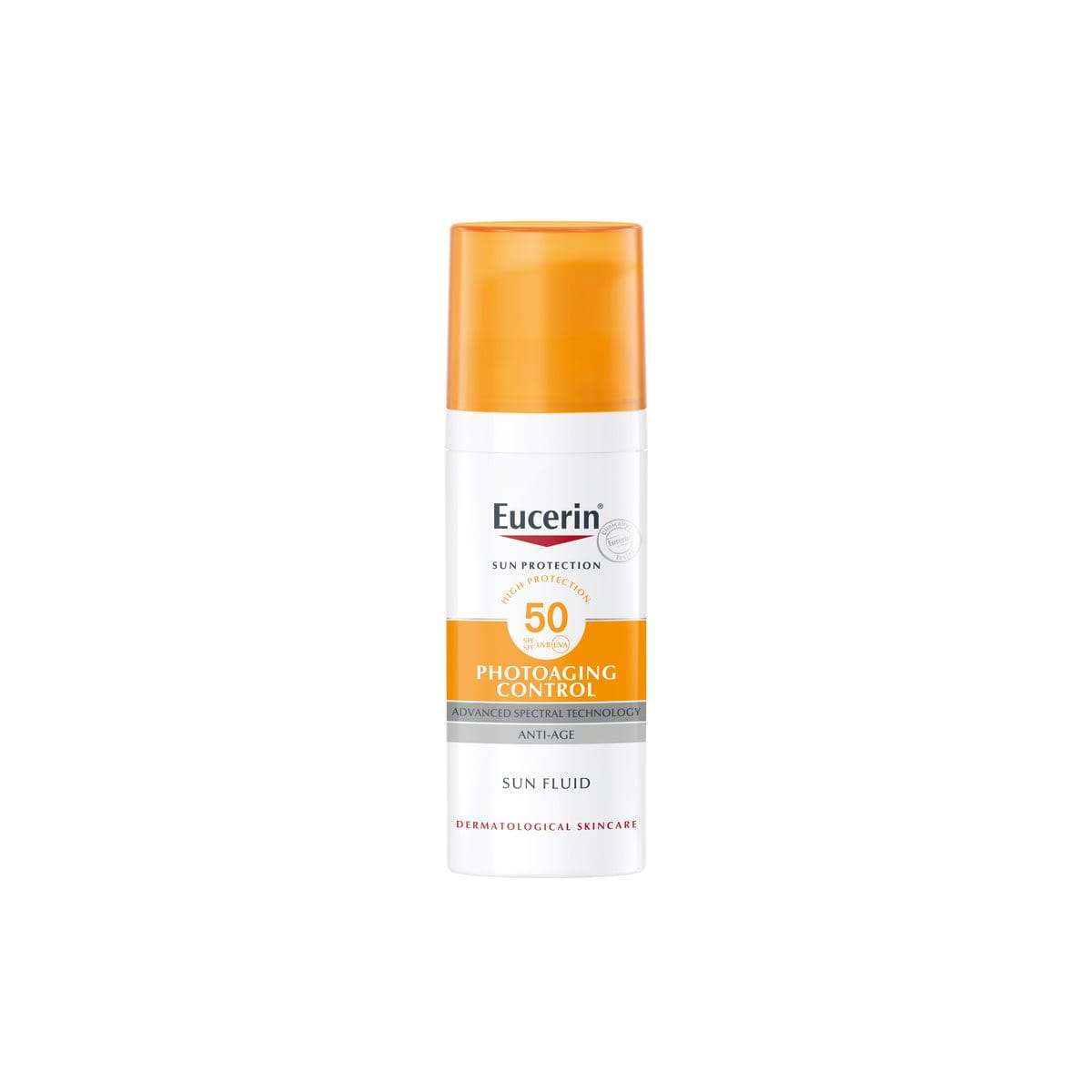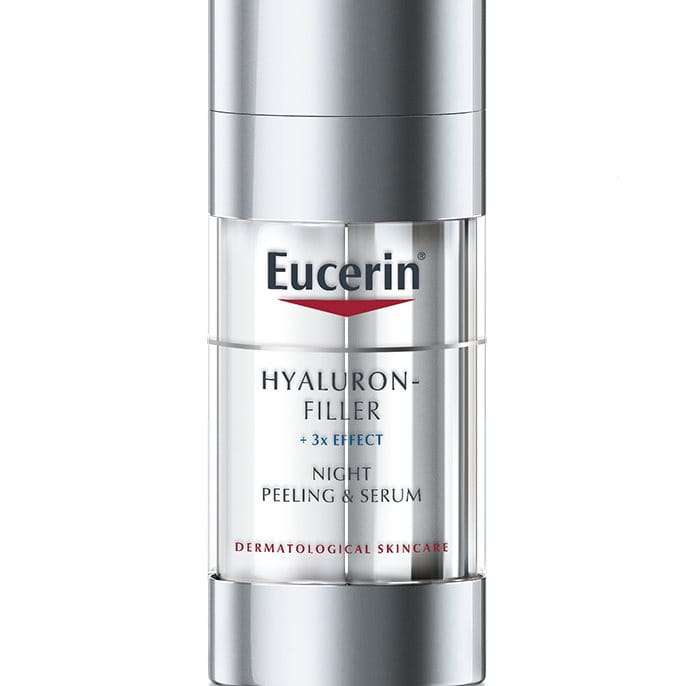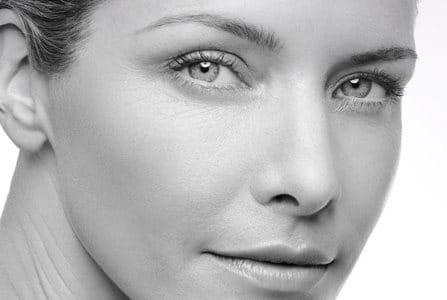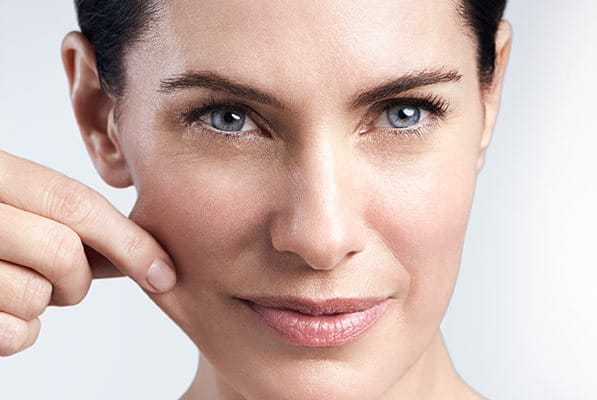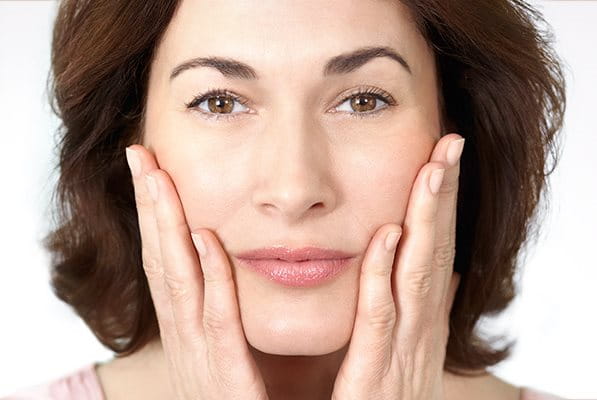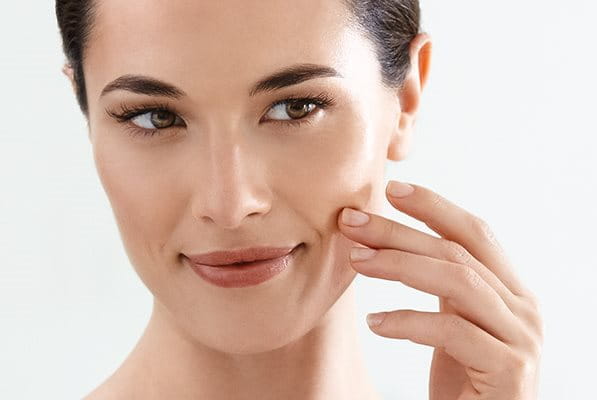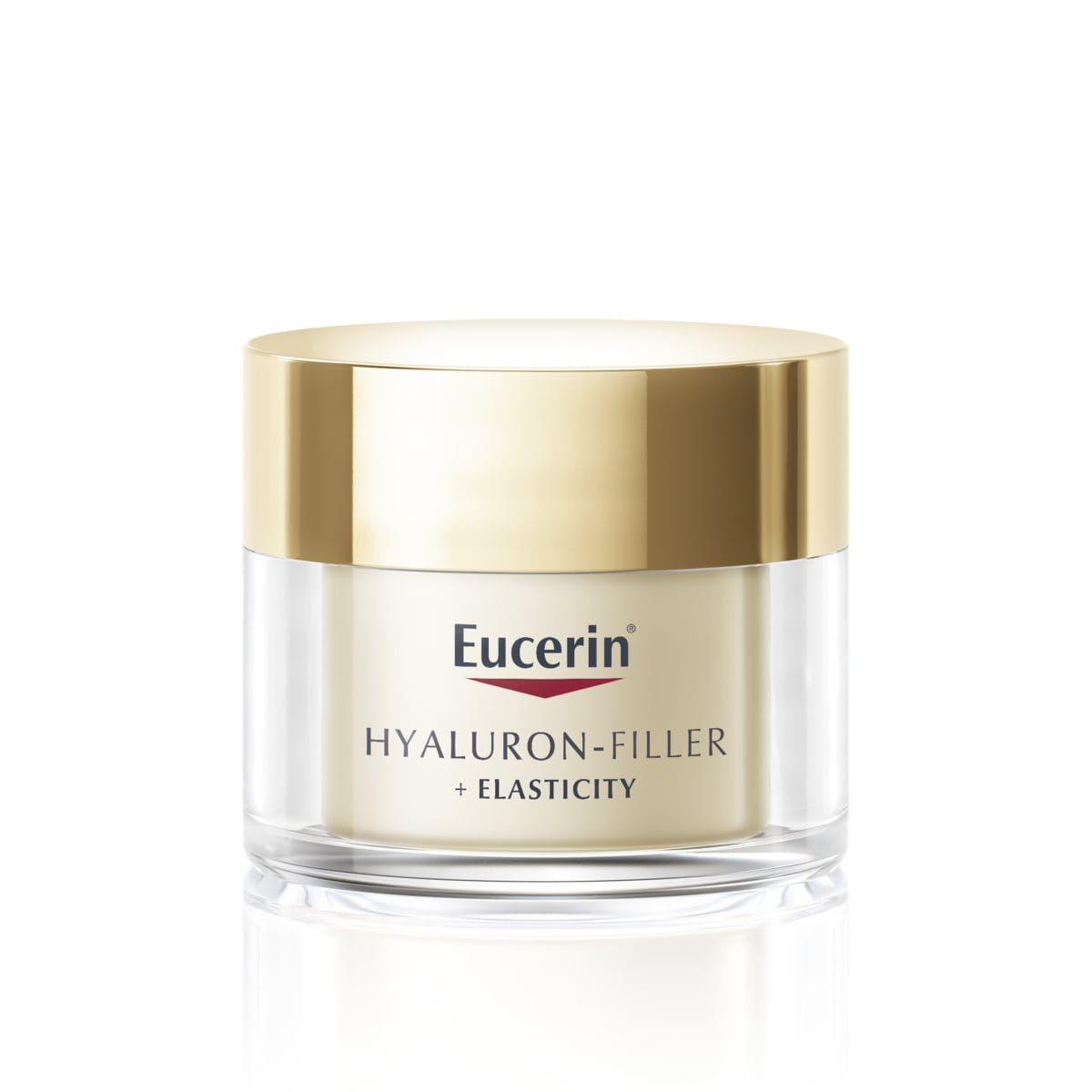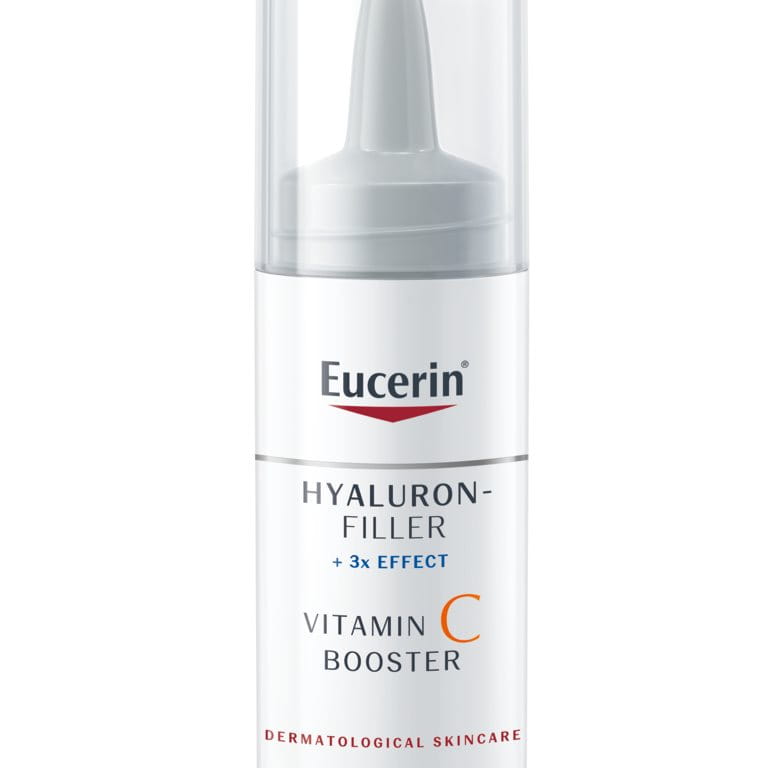Published: March 2025
Collagen is a key protein that helps your skin look firm, smooth, and elastic. It’s naturally found in your body and gives skin its strength and structure. However, as we age, our collagen levels begin to decline, which can lead to wrinkles, sagging, and a dull appearance.
In this article, you can find information about what collagen is, how it benefits your skin, and tips on boosting collagen production with an effective skincare routine and powerful ingredients. Whether you’re looking to reduce fine lines or keep your skin glowing, understanding collagen is the first step to healthier, more youthful-looking skin.

